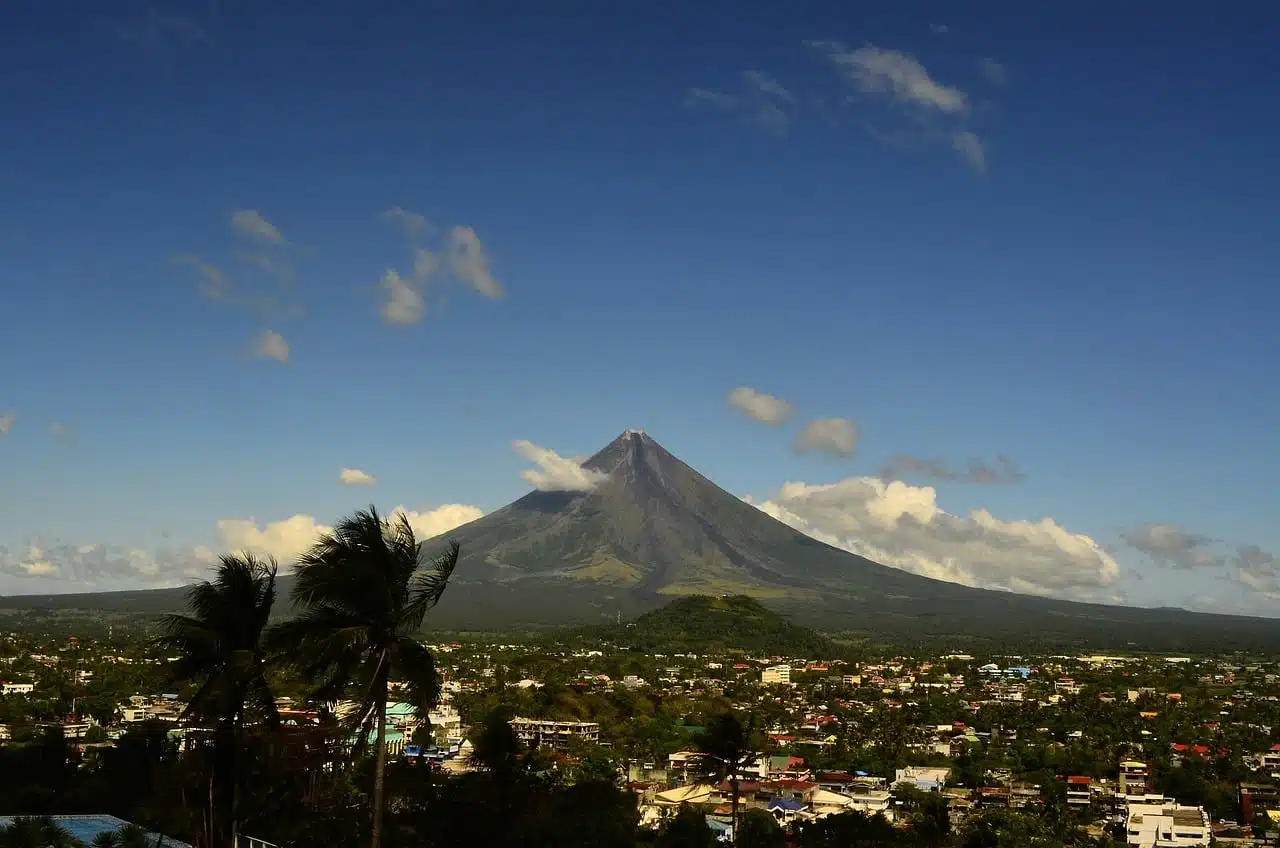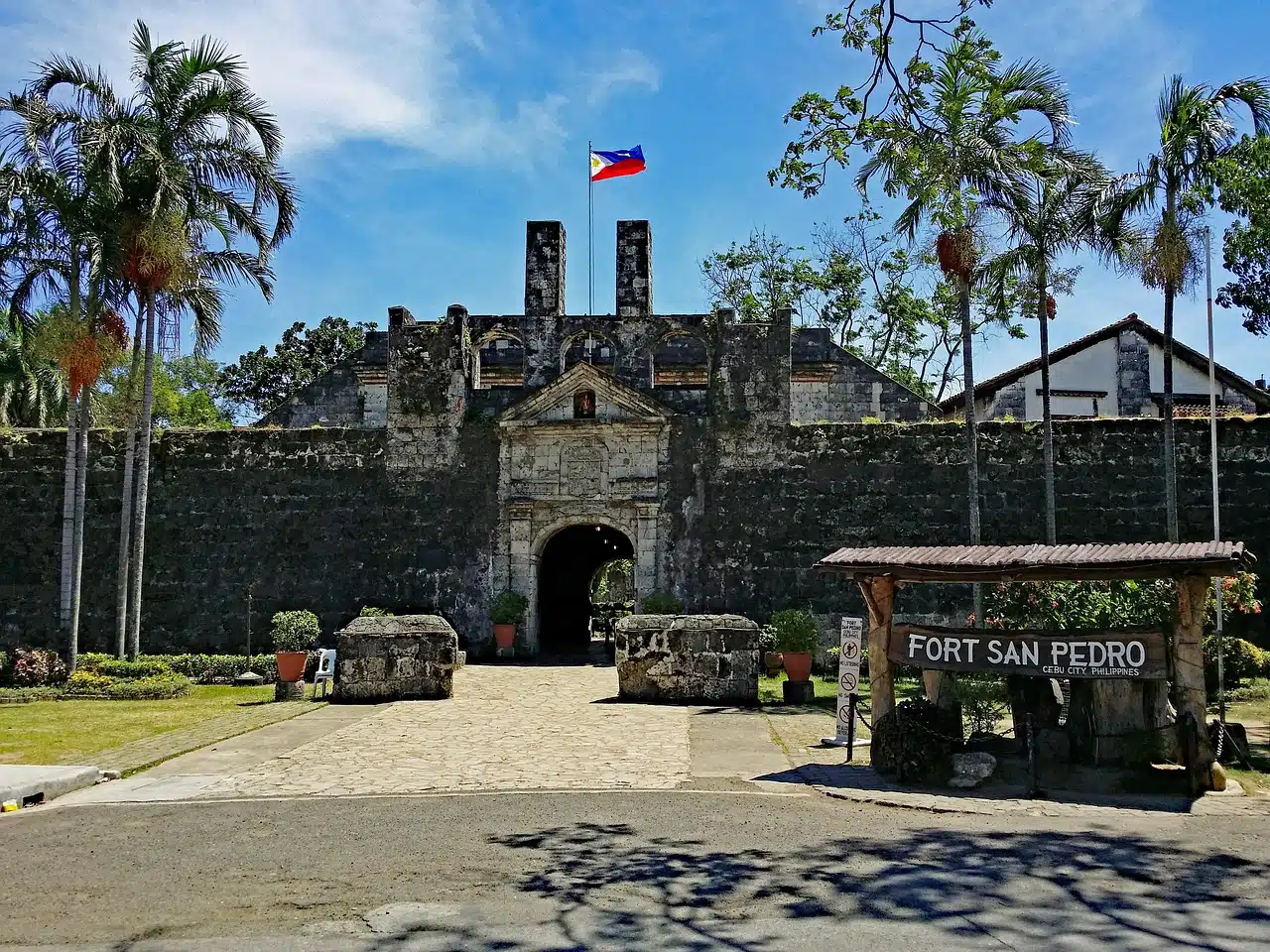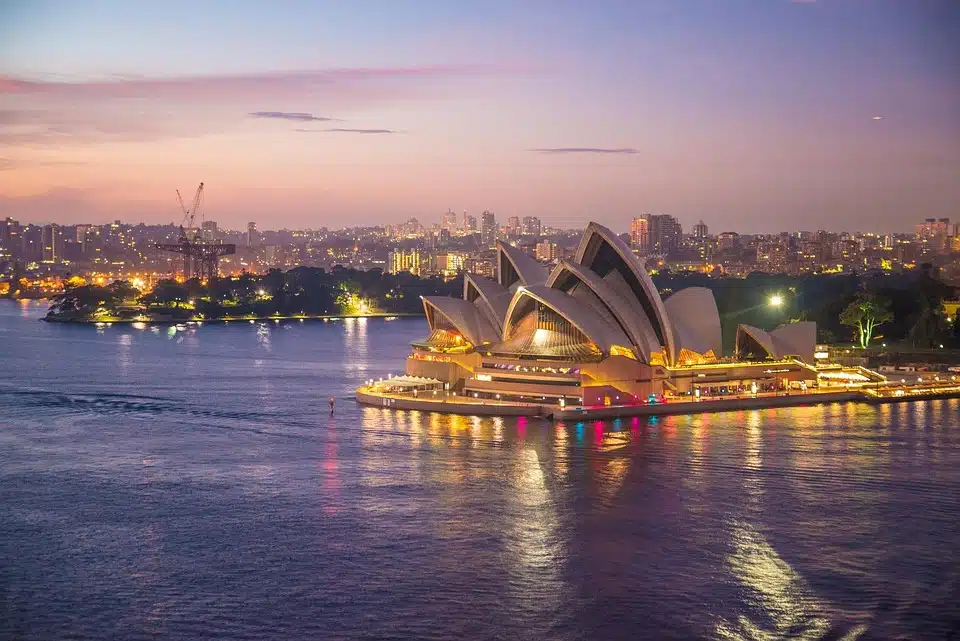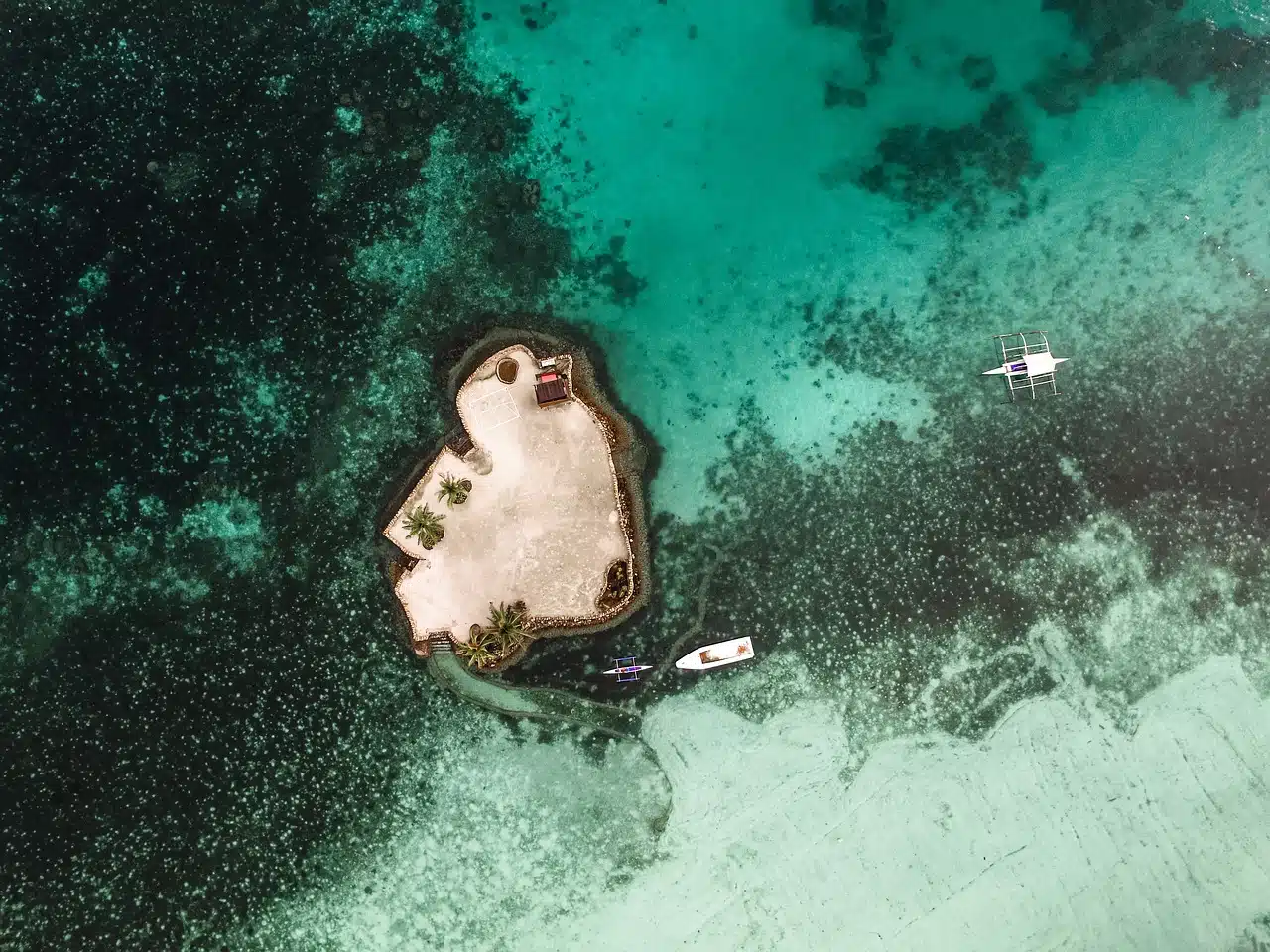Sibonga Cebu City
Overview of Sibonga
Sibonga is a charming municipality located in the southern part of Cebu, Philippines. Known for its lush landscapes, rich culture, and warm hospitality, Sibonga is an emerging destination for travelers seeking to explore the less commercialized areas of Cebu. The town is home to various attractions that showcase its historical significance and natural beauty.
Getting to Sibonga
Reaching Sibonga is convenient, whether you are coming from Cebu City or other parts of the province. Here are some travel options:
- By Bus: Several bus companies operate routes from Cebu City to Sibonga, with travel times averaging around 2 hours.
- By Car: Renting a car offers flexibility, with a scenic drive along the coastal roads.
- By Motorcycle: For the adventurous, renting a motorcycle is a popular choice to explore the area at your own pace.
Top Attractions in Sibonga
Sibonga boasts a variety of attractions that cater to history buffs, nature lovers, and adventure seekers alike. Here are some must-visit spots:
1. Simala Shrine
One of the most notable landmarks in Sibonga is the Simala Shrine, also known as the Monastery of the Holy Eucharist. This stunning church is famous for its intricate architecture and serene atmosphere, attracting thousands of pilgrims and tourists each year.
2. Sibonga Beach
The pristine beaches in Sibonga offer a perfect escape for sunbathers and water sports enthusiasts. The clear waters are ideal for swimming, snorkeling, and diving.
3. Naga City Eco-Park
Close to Sibonga, the Naga City Eco-Park provides a great opportunity for hiking and enjoying nature. The park features well-maintained trails and picnic areas, making it a perfect spot for family outings.
Local Cuisine and Dining
Exploring local cuisine is a significant part of visiting Sibonga. Here are some local delicacies you shouldn’t miss:
- Lechon: Often referred to as the best roasted pig in the Philippines, lechon in Cebu is a must-try.
- Seafood: Being near the coast, fresh seafood dishes are abundant and delicious.
- Local Snacks: Try local treats such as puto (rice cakes) and mamon (sponge cake).
Accommodations in Sibonga
Sibonga offers a range of accommodations for travelers, from budget-friendly inns to more luxurious options. Here’s a quick look:
| Accommodation | Type | Price Range |
|---|---|---|
| Simala Shrine Hotel | Hotel | $50 – $100 |
| Villa de Mercedes | Resort | $70 – $150 |
| Sibonga Inn | Budget Inn | $20 – $40 |
Cultural Insights
Sibonga is rich in culture and tradition. The locals celebrate various festivals throughout the year, showcasing their heritage and devotion. Notable events include:
- Simbang Gabi: A traditional nine-day series of early morning Masses leading up to Christmas.
- Sibonga Fiesta: Celebrated every first week of May, this festival features street dancing, food fairs, and cultural performances.
Practical Tips for Travelers
Here are some practical tips to enhance your visit to Sibonga:
- Best Time to Visit: The dry season from November to May is ideal for exploring Sibonga.
- Local Etiquette: Respect local customs, especially when visiting religious sites.
- Stay Hydrated: The tropical climate can be hot, so drink plenty of water during your excursions.
First-Hand Experiences
Travelers who have visited Sibonga often share heartwarming stories of their adventures. Here are some highlights:
“The visit to Simala Shrine was a spiritual experience for me. The architecture is breathtaking, and the peaceful atmosphere is unlike any other.” – Sarah, traveler from Canada
“I loved exploring the local markets and trying the street food. The lechon was indeed the best I’ve ever tasted!” – Mark, food blogger
Case Studies: Successful Community Projects
The local government and community groups in Sibonga have initiated various projects aimed at sustainable tourism and cultural preservation. Some successful projects include:
1. Eco-Tourism Initiatives
Projects promoting eco-friendly tourism practices have helped raise awareness about environmental conservation among locals and visitors.
2. Cultural Workshops
Workshops that teach traditional crafts and cooking have attracted tourists looking for authentic experiences while supporting local artisans.





